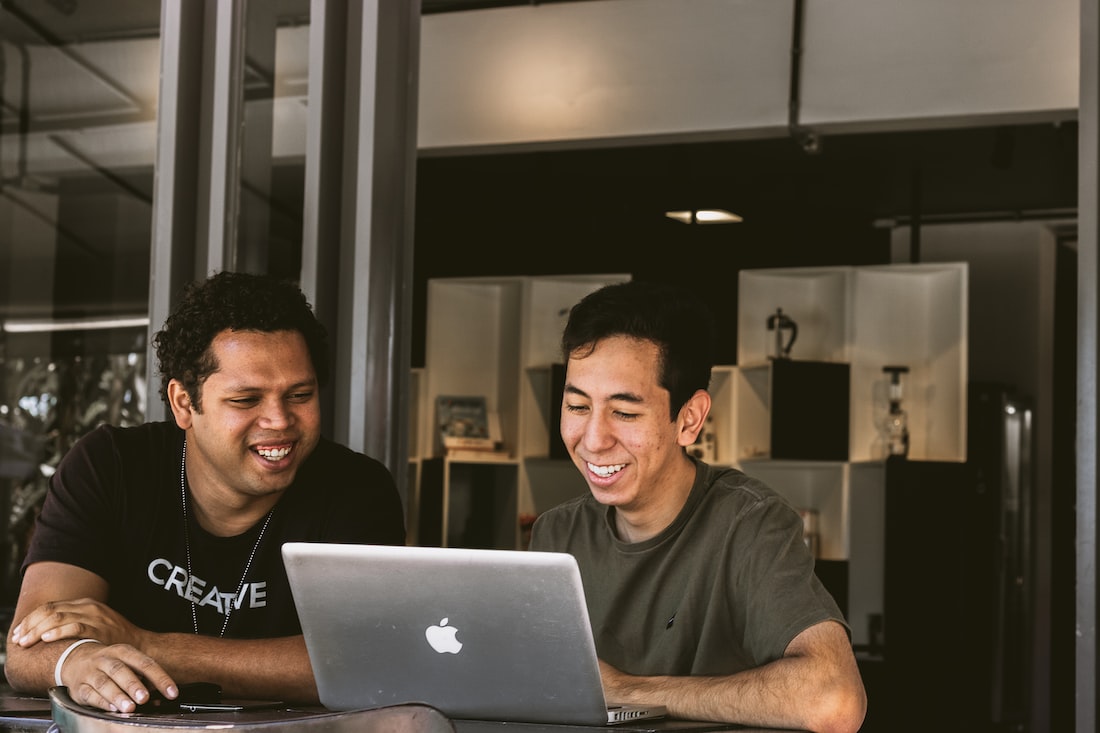
Job interview questions are more than just conversation starters—they’re designed to uncover your qualifications, motivations, and compatibility with the role and company. Our goal as recruiters is to find someone whose skills and personality align seamlessly with the team and organizational values.
Common Questions and How to Answer Them
1. Tell Me About Yourself
Why We Ask: This question serves as an icebreaker, allowing us to understand your professional journey and what you prioritize in your career.
How to Answer: Focus on your professional background, key achievements, and why you’re excited about this opportunity. Avoid sharing overly personal details.
Example Answer:
“I graduated with a degree in marketing and started my career at a digital agency, where I managed campaigns for retail clients. Over the last three years, I’ve specialized in social media strategy, increasing engagement for my current employer by 35%. I’m passionate about driving results and am excited about this role because it aligns with my expertise and love for innovative marketing strategies.”
2. Why Do You Want to Work Here?
Why We Ask: This helps us gauge your knowledge of the company and your motivations for applying.
How to Answer: Show that you’ve done your research by referencing the company’s mission, values, or recent achievements, and explain how they resonate with your career goals.
Example Answer:
“I admire your company’s commitment to sustainability and innovative product design. I recently read about your initiative to reduce carbon emissions by 50%, which aligns with my values. I’m excited to bring my experience in project management to help drive impactful initiatives like this.”
3. What Are Your Strengths and Weaknesses?
Why We Ask: This question assesses your self-awareness and how you approach challenges.
How to Answer: Highlight strengths that are relevant to the role and present weaknesses as areas of growth you’re actively addressing.
Example Answer (Strengths):
“I’m highly organized and excel at meeting tight deadlines. For instance, I led a cross-functional team to deliver a product launch two weeks ahead of schedule, increasing revenue projections by 15%.”
Example Answer (Weaknesses):
“I used to struggle with delegating tasks because I wanted everything to be perfect. However, I’ve been working on improving this by building trust within my team and focusing on mentoring.”
4. Can You Describe a Challenging Situation and How You Handled It?
Why We Ask: We want to see how you approach problem-solving, stay resilient under pressure, and communicate during conflicts.
How to Answer: Use the STAR method (Situation, Task, Action, Result) to structure your response clearly and effectively.
Example Answer:
“In my previous role, we faced a last-minute change to a major client project (Situation). My task was to adjust the strategy without delaying delivery (Task). I immediately organized a team meeting to reassign tasks, prioritized key deliverables, and communicated the changes to the client (Action). As a result, we delivered the project on time, exceeding client expectations and securing a long-term contract (Result).”
5. Where Do You See Yourself in Five Years?
Why We Ask: This helps us understand your career aspirations and whether the role aligns with your long-term goals.
How to Answer: Balance ambition with realism, showing a desire to grow within the company.
Example Answer:
“In five years, I see myself advancing into a leadership role, ideally within this company. I want to contribute to major projects, mentor junior team members, and be part of driving innovation in the industry.”
Behavioral and Situational Questions
In addition to the above, behavioral and situational questions are designed to explore how you handle specific scenarios. Here are two examples:
6. How Do You Handle Feedback?
- What We Look For: Adaptability, a growth mindset, and professionalism.
- Example Answer:
“I view feedback as an opportunity to grow. In my last performance review, my manager suggested I improve my presentation skills. I took a public speaking course and received positive feedback in subsequent presentations.”
7. Describe a Time You Worked on a Team Project
- What We Look For: Collaboration, communication skills, and ability to manage conflicts.
- Example Answer:
“In a group project to develop a marketing campaign, we initially struggled with conflicting ideas. I facilitated a brainstorming session to combine the best elements of each idea. This collaborative approach resulted in a campaign that increased client sales by 20%.”
Questions to Ask the Recruiter
Asking thoughtful questions shows genuine interest and helps you determine if the company is a good fit. Some examples include:
- “What does success look like in this role?”
- “Can you tell me more about the team I’ll be working with?”
- “What are the company’s biggest challenges, and how can this role contribute to addressing them?”
Closing Thoughts
As a recruiter, I can’t stress enough the importance of preparation. Practice your answers, research the company, and show enthusiasm for the opportunity. Interviews are not just about selling yourself—they’re about finding a mutual fit. With thoughtful preparation and authentic communication, you can leave a strong impression and take a confident step toward landing your next role.
